What are the affiliate fundamentals? The fundamentals are those affiliate marketing principles and techniques which every successful affiliate marketer should understand and abide by!
Affiliate marketing is a business model in which third party referrers are rewarded for selling other people’s products online. If they successfully refer a customer to a product, they earn a commission based on the sale. However, despite the huge potential of earning from selling affiliate products, only around 5% of affiliates are successful. Most affiliates will struggle and quit!
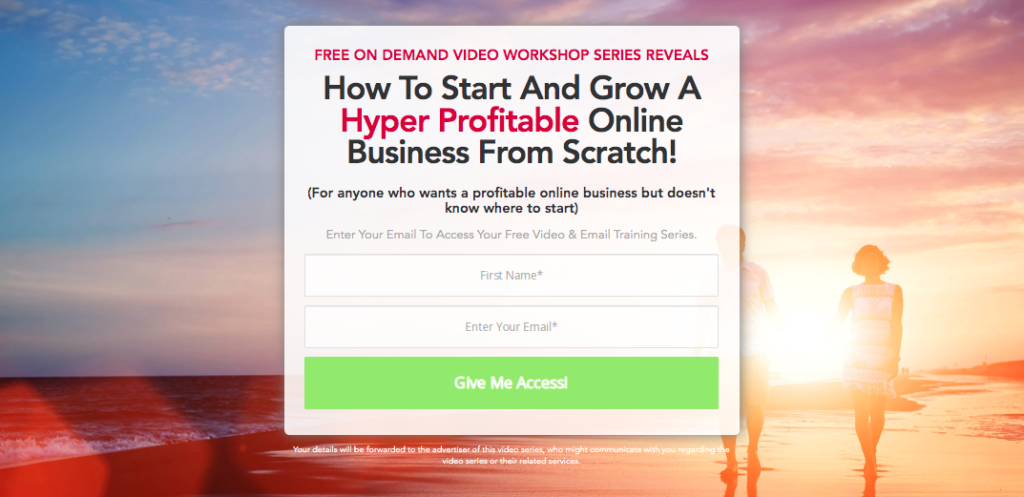
Knowing a few affiliate fundamentals well might mean the difference between success and failure as an affiliate marketer. Affiliate marketing is after all a performance based business model which means without sales you don’t make any money!
To make sales consistently as an affiliate takes more than most people expect. Knowing the rules of the game will put you ahead of the many other affiliates who will quit too early, not knowing that success may be only a few alterations of their knowledge and a change in their awareness.
Affiliate Fundamentals: Numbers & Targeting
Affiliate marketing is of course a numbers game. With only a small amount of traffic to your website, you’ll only make a small number of sales, at best! Often, new affiliates will struggle getting traffic to a website and then also struggle turning that traffic into buying customers. Not knowing who your customers are can therefore cost you dearly as an affiliate. First it can cost you several months of struggle in getting people to your website. Then it can cost you the psychological impact of realising that you’ve attracted the wrong kind of traffic to your site: browsers, not buyers! All of this is too hard to bear for many affiliates and they drop out; who could blame them after all?

So, one of the most important affiliate fundamentals is knowing your target audience. When you know who your customers are, where they live, how old they are and where they spend time online, you’re in a much better position to put your marketing messages in front of them, and to do so in a meaningful way.
When you understand your “perfect” customer, you’re in a much better position to target them and only them with your advertising. There’s a saying in sales, if you try and sell everyone, you sell {to} no-one”. By finding your customer “avatar”, you are able to focus your efforts on talking directly to them and marketing directly to them which will save you a heap of time and stacks of money.
Affiliate Fundamentals: Types Of Visitor & The Buyer Cycle
Affiliates need traffic to put their marketing message in front of buying customers. By far this is one of the biggest problems especially for new affiliate marketers. Not all traffic is the same of course and there’s a huge difference between an online visitor looking for free information and those looking to buy a particular product. Most website visitors are of course looking for information. Some of that information leads people to products and services (ideally through your affiliate link).
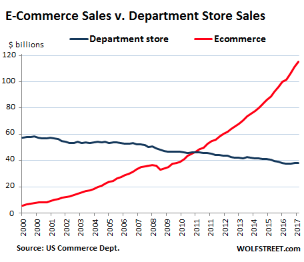
An example of a piece of online information which leads someone to a product might be a product review. Review websites are good for affiliate marketers because they attract the kind of person who is looking to buy something very specific. So if you’re going to become a content creator as an affiliate, this is an important thing to understand. Review sites work well also because you attract someone who is in the last stage of the buying cycle. They just want one more piece of information before making a purchase. A DIY website, on the other hand, will more likely attract people looking for DIY advice, rather than a specific product.
Depending on where someone is in the buying cycle, you may need longer to persuade them of your product’s value. This can be achieved if you build an email list.
Affiliate Fundamentals: Controlling Your Traffic
However you earn traffic, you will ultimately want to be in control of that traffic. This can be very difficult and you shouldn’t rely on traffic which is out of your control. Google, for example can only give a top ranking to one website at any given time. So competing against high authority websites can lead you to become very disappointed – especially if you’re choosing a competitive niche for your affiliate business.
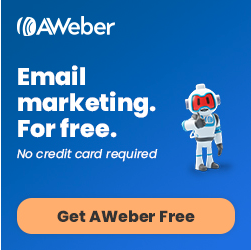
You can of course gain free traffic by targeting specific keywords in your content, but ultimately it’s up to the search engines whether to reward you for the content you have created. It’s never a good idea to rely on traffic from an intangible outcome. Far better to choose your marketing strategy and work at getting very good at it. Whether this is paid marketing or organic marketing, you should definitely aim to make the most out of your website traffic by getting a list of subscribers. Most affiliate marketers use an email list, which they can build with either free or paid for traffic.
A list is a good idea because you can control your traffic, build trust over time and send your visitors to content you have created to help them. Access a free autoresponder for affiliate marketing here.
Affiliate Fundamentals: Touchpoints
Most people don’t buy immediately when they land on a website. In fact it will usually take several touch points before someone is ready to make a buying decision. On a unfamiliar website, this is all the more so. Whereas on trusted websites, such as Amazon.com for example, people are more ready to buy because they know the site and have come to feel comfortable buying from it.
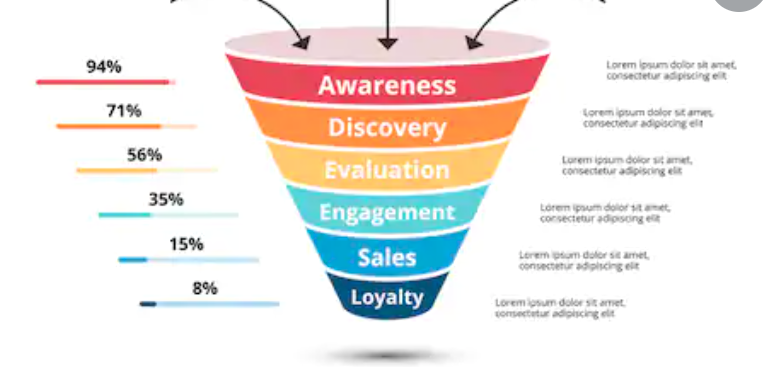
If you’re an affiliate marketer this can present a difficult proposition because you’re effectively recommending products which aren’t actually yours! Certain products can be sold quite directly, and you can send your traffic directly to Amazon if you have a suitable product to sell. But with certain products, such as digital products, their value can be somewhat arbitrary. This can mean a potential customer will need to know more about the product (and about you) before they decide to buy.
This “getting to know you” process can be achieved by delivering value before the sale in the form of information. This can be achieved through email marketing, blogging or creating videos etc. An email list is definitely a good idea; especially if you’re going to sell digital products.
Branding: Selling “You”
Depending on the product you’re selling, you may want to consider your “brand” as an affiliate marketer. Unless people buy into you, they won’t want what you have to sell either!
Your “brand” is how you present yourself in all your marketing materials: your blog, website, email marketing list, video advertisements etc.
Ideally how you present yourself and your brand should be congruent across all your marketing “tools” and platforms to present your brand consistently to your website visitors, email subscribers and blog readers.
Branding goes hand in hand with targeting your customer avatar and it’s useful to know who you want to target with your message and who you are right for in terms of serving your customers.
Affiliate Fundamentals: Choosing Your Marketing Strategy
There’s many different ways to sell affiliate products and depending on your business model and marketing budget, you may choose from one or even two of many:
- Blogging
- Video blogging
- Paid advertising – search, video, retargeting, etc.
- social media platforms (paid and unpaid)
- SEO – search engine optimisation
Paid marketing is a much faster way to get traction with affiliate marketing although you’ll need to be careful initially with your marketing budget. But once you’re profitable with a paid marketing campaign, you can leave ads running indefinitely and scale them up quickly. With content marketing it’s a much slower process. It can take several weeks or even months to see the results from your hard work. Plus it can be much more difficult to scale up to larger numbers with content. However, if you persevere with content marketing, you can ultimately make passive sales if your content gets free traffic from the search engines.
Ideally choose a marketing strategy with a view of the longer term and based on your available time, products and marketing budget.
Affiliate Fundamentals: Products
There’s thousands of affiliate products you can promote as an affiliate online. You can choose from physical products, digital products, subscription and high ticket affiliate products. Your choice of products is pretty important and will in many ways determine how successful you will become in making sales. The right kinds of products will always sell and some products won’t sell well however good a marketer you become!
Unfortunately many of the most popular products are in very competitive niches too. A competitive niche has many other competing affiliates in it which makes your job more difficult whether you’re running paid ads or creating content.
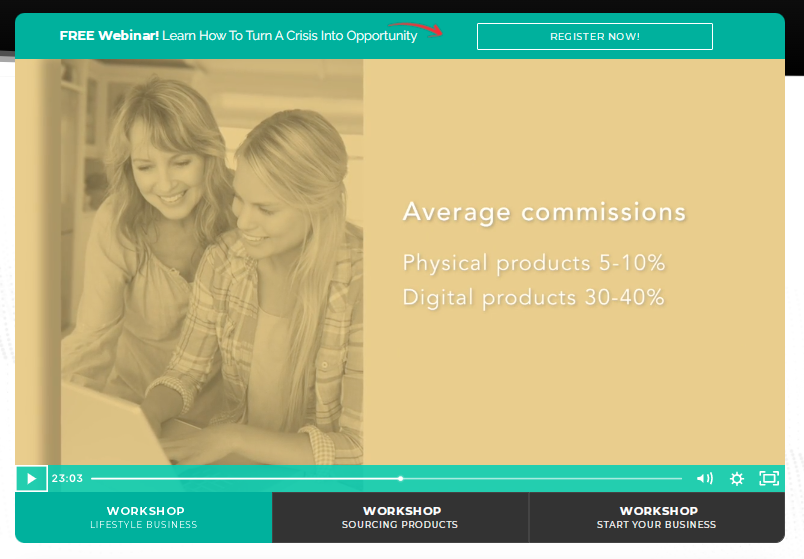
Physical products do sell well but as an affiliate you generally earn much less from selling them. Physical products will tend to pay between 5% and 10% commission whereas digital products will pay much more: generally between 30% and 50%. So if you’re selling low value physical products, you’re going to need to sell in bulk in order to make your efforts worthwhile.
High ticket affiliate products pay much more than average and are worth considering along with subscription affiliate products which pay you recurring commissions from your sales.
Mindset
One of the most important factors in your success as an affiliate is your mindset. Since around 95% of affiliate fail, it’s important to stay the course when others are quitting. This means learning from your “failures” which ultimately aren’t failures at all but rather learnings which should help you to eventually become successful.
Most affiliates will become disillusioned when they meet with some adversity. In the beginning it can be a little demoralising when nothing seems to be happening. But remember that affiliate marketing is a long term thing, and it’s also a numbers game. Long term affiliates know this and stick at it. With a small amount of traffic on your website, you may not see any sales coming in. But over time you can build on the small daily steps you continue to take. With a small email list, you likely won’t see a dramatic amount of sales, but over time your efforts compound because you can get better at growing your list and communicating with your subscribers.
See also affiliate marketing mindset and affiliate psychology.